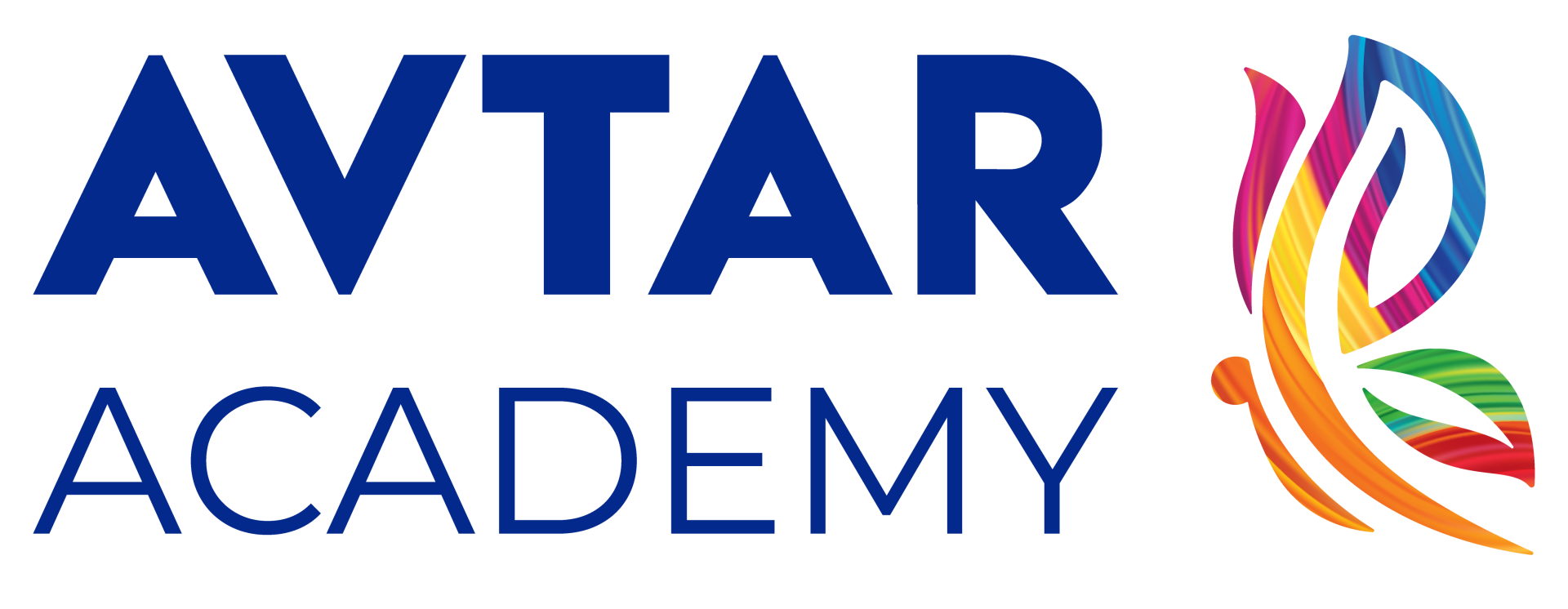Women don’t ask. Or perhaps they don’t ask often enough.
Our hesitancy stems from several factors: fear of rejection, low sense of entitlement (“I don’t really deserve to ask), high compliance behavior and gender stereotypes about women and men who negotiate. Men who negotiate for themselves are perceived as self-confident and assertive (agentic stereotype); while women who negotiate for themselves are perceived as pushy and domineering as women are expected to be nurturing, kind, and sensitive (communal stereotype). Sheryl Sandberg, former COO of Facebook, said in her 2010 Ted Talk, “We don’t negotiate for ourselves enough. Women tend to negotiate for others. We want to make sure our teams are happy, our bosses are happy, but we don’t spend enough time on ourselves.”
When women negotiate with men, they adjust their behavior to appear less forceful in their negotiation. And here’s the catch. Often, women don’t mind their p’s and q’s when negotiating with other women. Why? Because women hold the same stereotypes about other women as do men.
Our hesitancy stems from several factors: fear of rejection, low sense of entitlement (“I don’t really deserve to ask), high compliance behavior and gender stereotypes about women and men who negotiate. Men who negotiate for themselves are perceived as self-confident and assertive (agentic stereotype); while women who negotiate for themselves are perceived as pushy and domineering as women are expected to be nurturing, kind, and sensitive (communal stereotype). Sheryl Sandberg, former COO of Facebook, said in her 2010 Ted Talk, “We don’t negotiate for ourselves enough. Women tend to negotiate for others. We want to make sure our teams are happy, our bosses are happy, but we don’t spend enough time on ourselves.”
When women negotiate with men, they adjust their behavior to appear less forceful in their negotiation. And here’s the catch. Often, women don’t mind their p’s and q’s when negotiating with other women. Why? Because women hold the same stereotypes about other women as do men.
To achieve best results, women should let their communal stereotypes work for them rather than against them,” says Ashleigh Shelby Rosette, PhD, Associate Professor of Organizational Behaviour, Duke University. Also, in recent years, the narrative around negotiation has shifted from an adversarial, combative perspective to a collaborative process, that centres around values such as mutuality, trust, and respect.
Gavin Kennedy, an expert on negotiation, discusses three different styles of negotiation in his book Everything is Negotiable: How to Get the Best Deal Every Time.
1. Distributive negotiation (competitive approach that seeks to maximize gains)
2. Integrative negotiation (collaborative approach that seeks to create value for both parties)
3. Compromise negotiation (involves finding a middle ground between the two parties, with each party giving up certain things to reach a mutually satisfactory agreement)
While Kennedy does not recommend any style over another, he suggests that one must be flexible and adapt one’s style to the situation. For instance, in a situation where there are limited resources, the distributive negotiation style may be a better option, and in a situation where the two parties have shared interests, the integrative negotiation style may work better, he explains. While these are the three negotiation styles in theory, Kennedy also explains how people really behave, by outlining another set of three styles:
• The Red Style (aggressive and competitive negotiation focused exclusively on taking)
• The Blue Style (over-compliant, pacifying, conflict-avoidant style focussed exclusively on giving)
• The Purple Style (a blended and balanced style of negotiation that combines assertiveness with empathy)
Kennedy further provides a simple four-phase process that can help one master the purple style of negotiation: prepare, debate, propose, and bargain. To elaborate, here are some practical tips that can help one become an effective negotiator.
A few negotiation pointers:
• Prepare well: Think about the key points you want to discuss during a negotiation. and understand the other party’s interests and concerns.
• Practice your negotiation skills: Discuss the issue with a friend or mentor and practice negotiating with them. Negotiation training programs and workshops can also help develop this skill.
• Use the right body language: Listen actively by nodding, maintaining eye contact, and asking clarifying questions. This shows that you are genuinely interested in what the other person has to say.
• Negotiate with a collaborative mindset: Try to understand what the other party wants. Negotiation need not be a win-lose situation. Always strive for a win-win scenario where both parties walk away satisfied.
• Be flexible: Do not start a negotiation with a fixed plan. Listen to the other party and be prepared to change your stance or the outcomes you desire from the negotiation.
• Use “we” rather than “I”: Language matters. The “we” language suggests a willingness to genuinely collaborate to reach a consensus, while the “I” language suggests an unwillingness to see others’ perspectives.
Negotiation is a core career intentionality skill. And as Deborah Kolb, renowned expert on negotiation, says, “Negotiation is not about winning or losing. It’s about getting the best possible outcome for all parties involved.”
So, aim for a win-win-win in any negotiation, where you, the other person, and the context win!
So, aim for a win-win-win in any negotiation, where you, the other person, and the context win!


